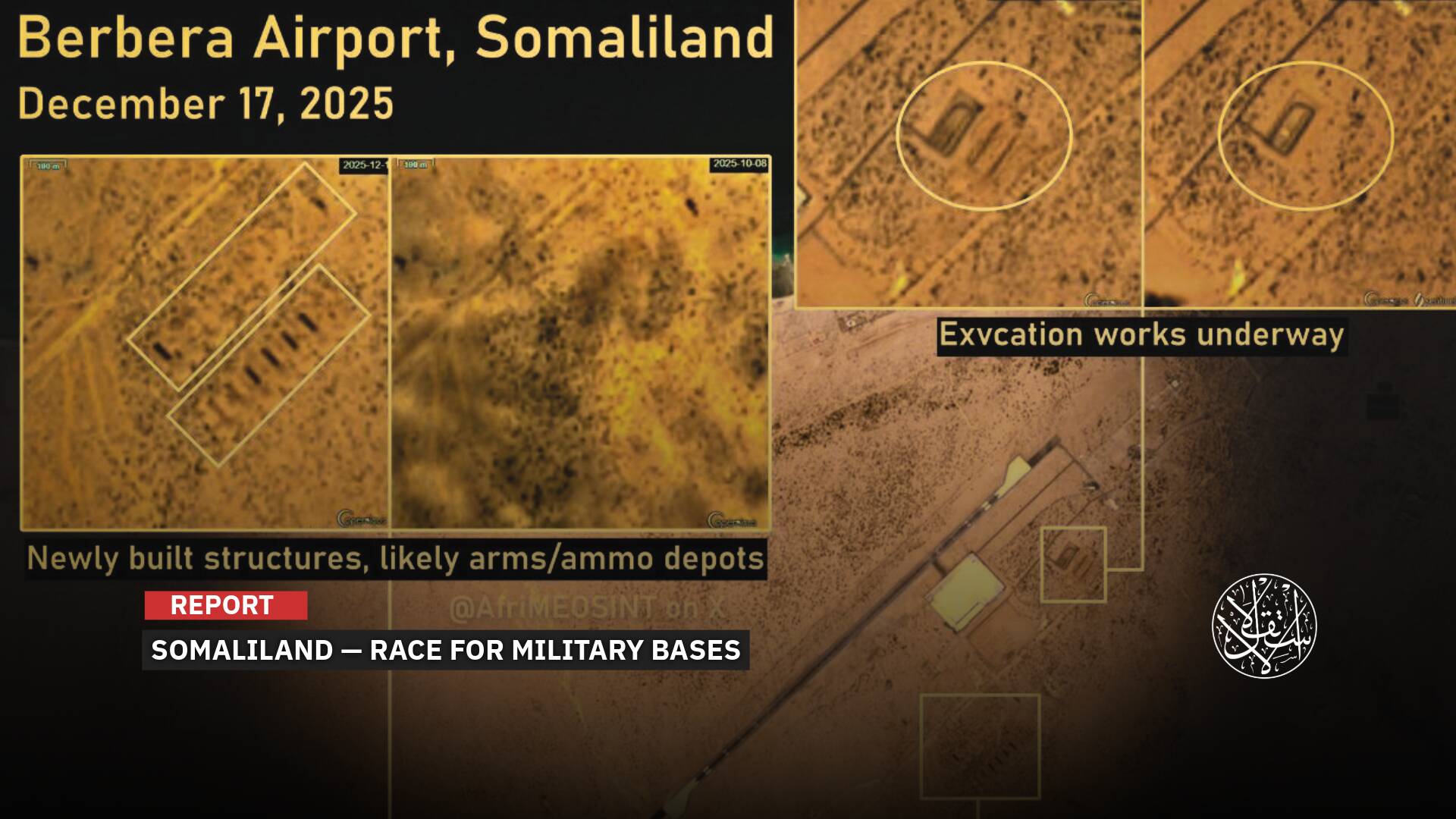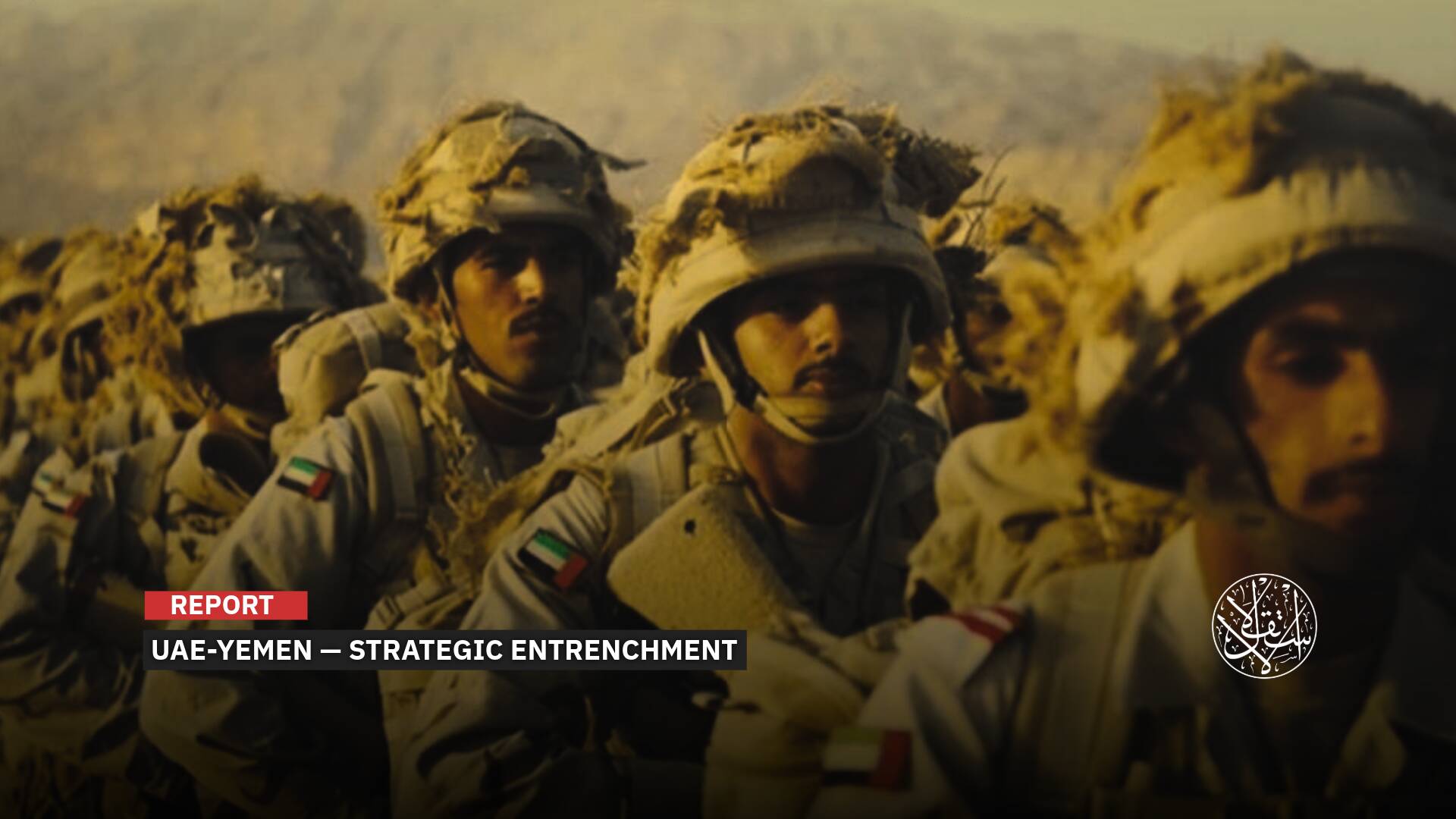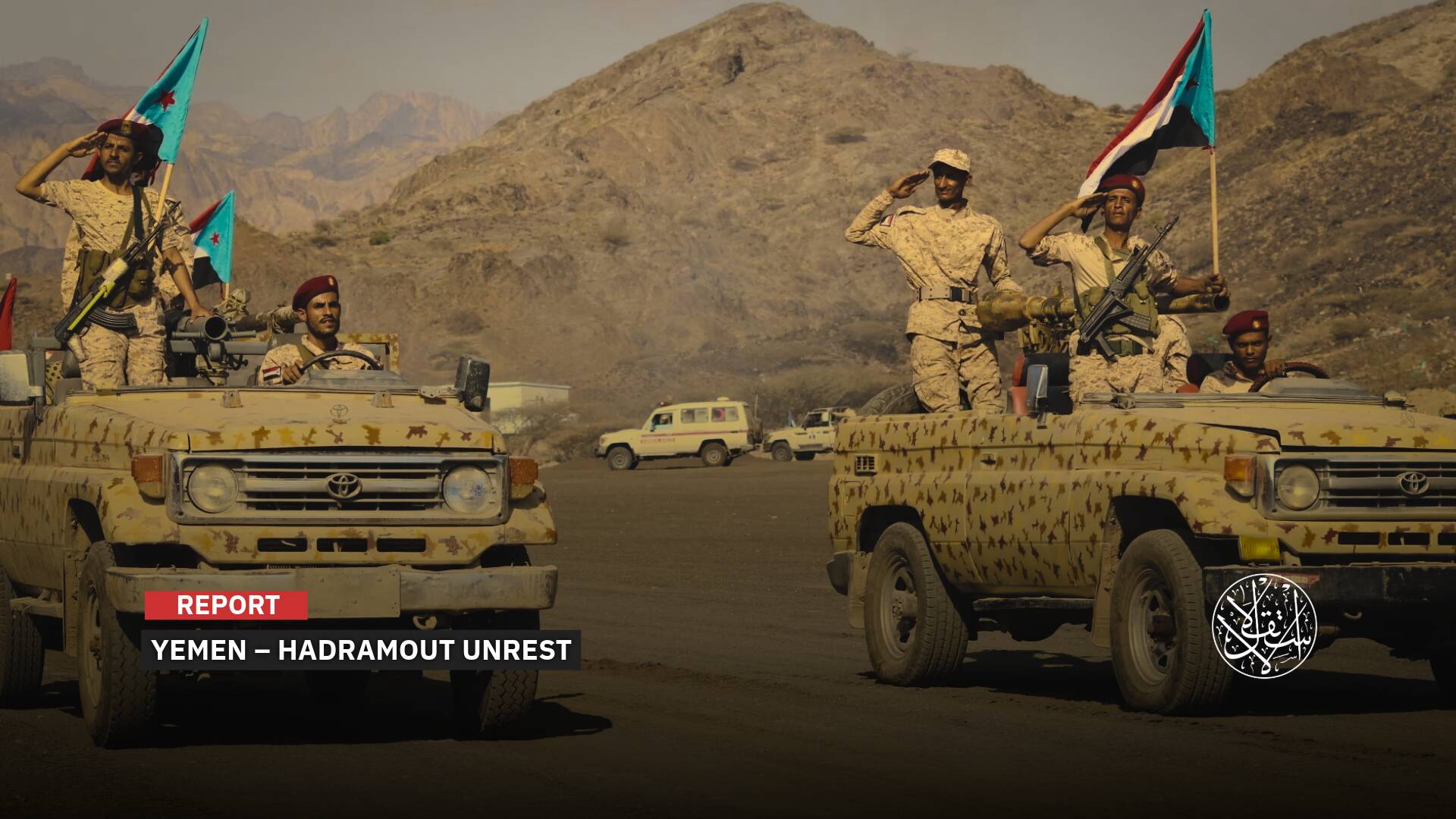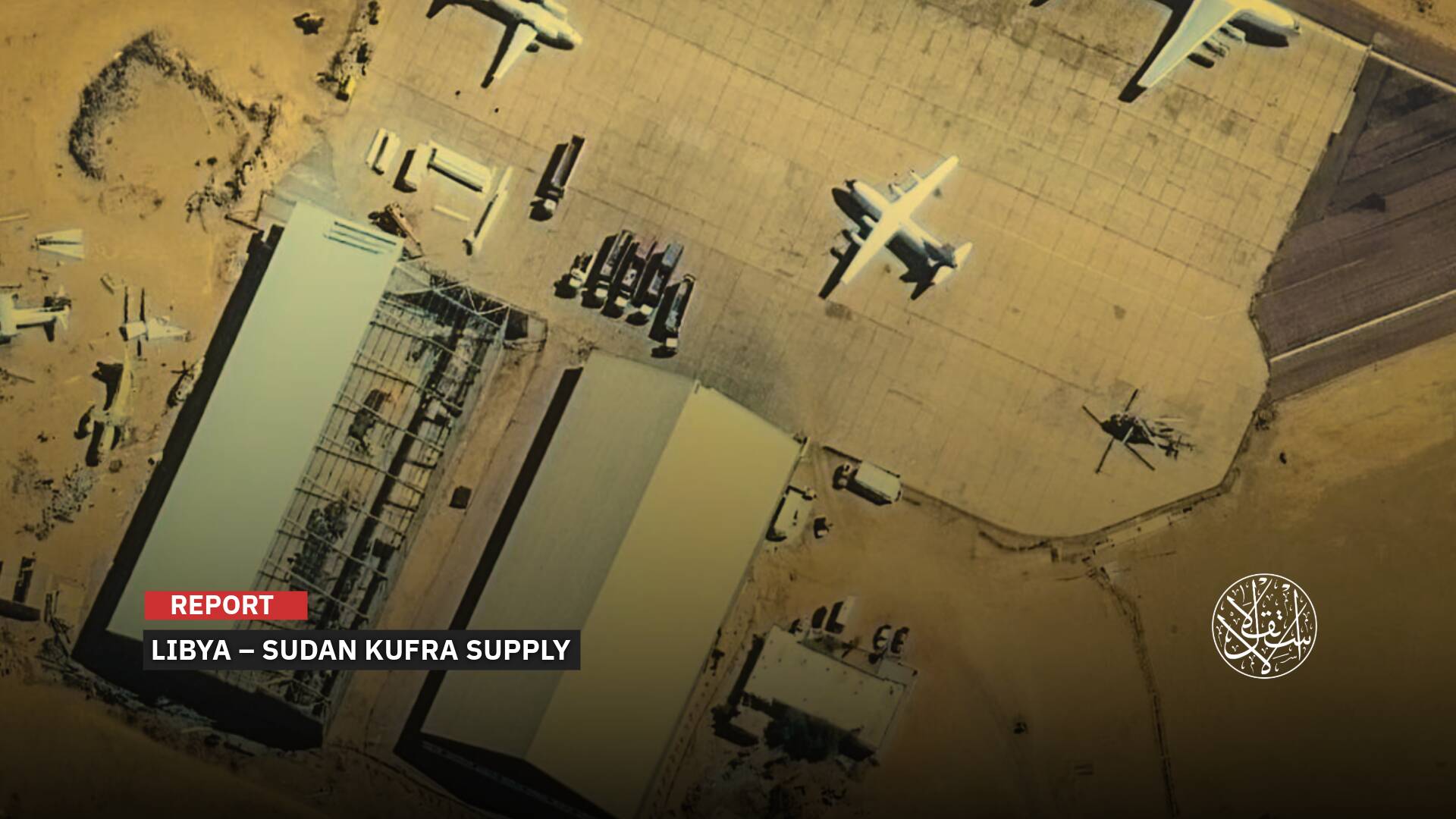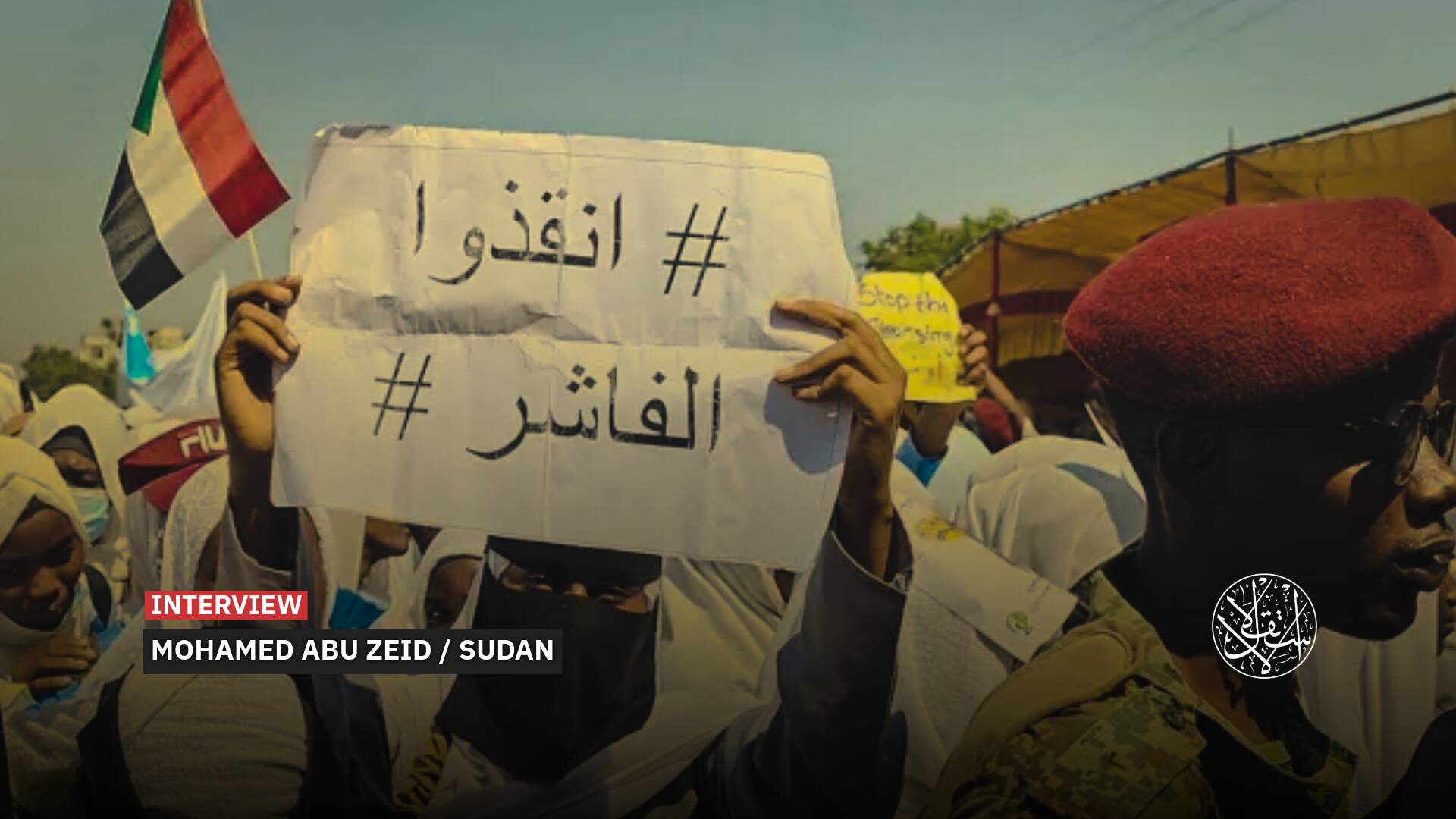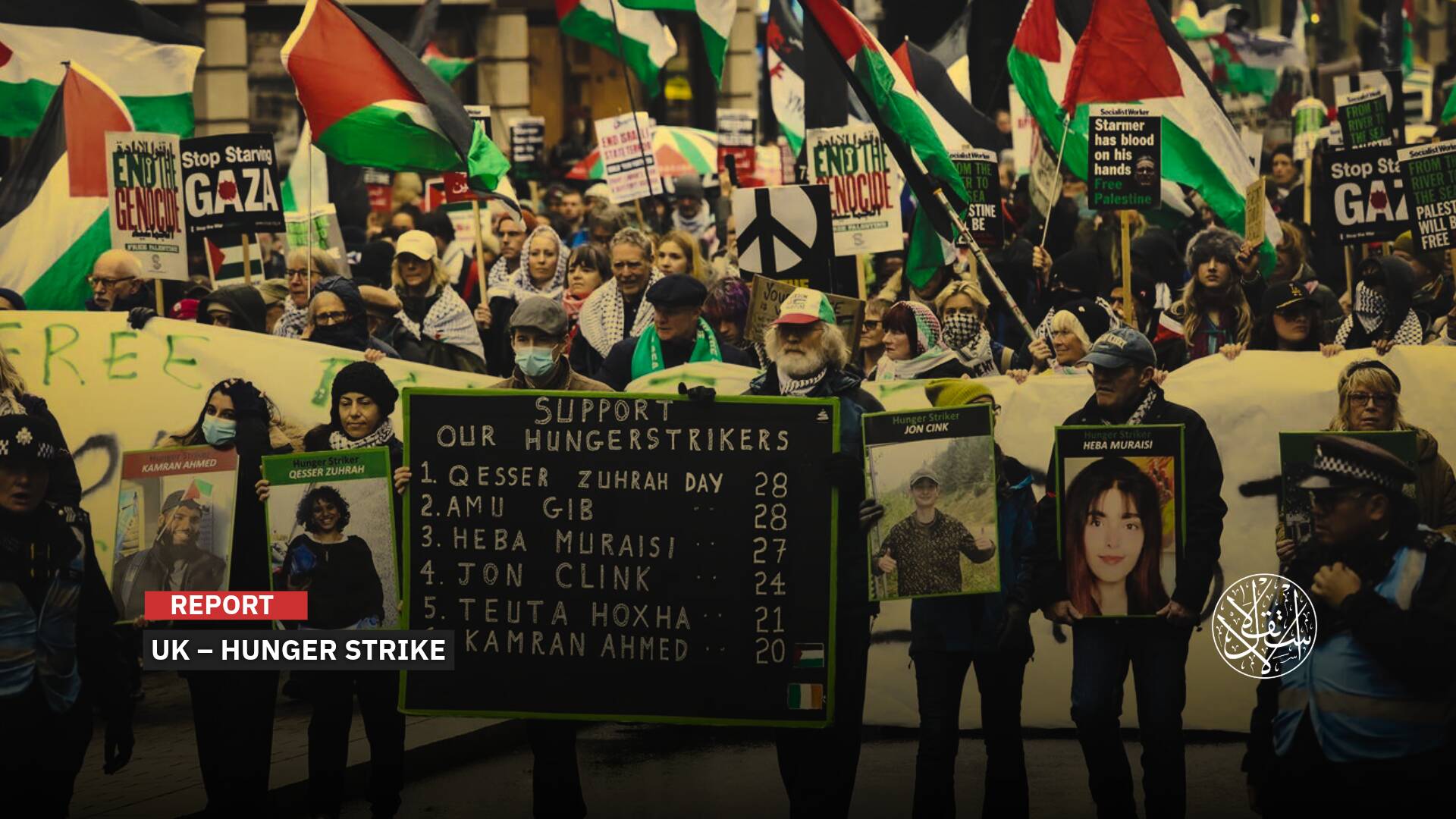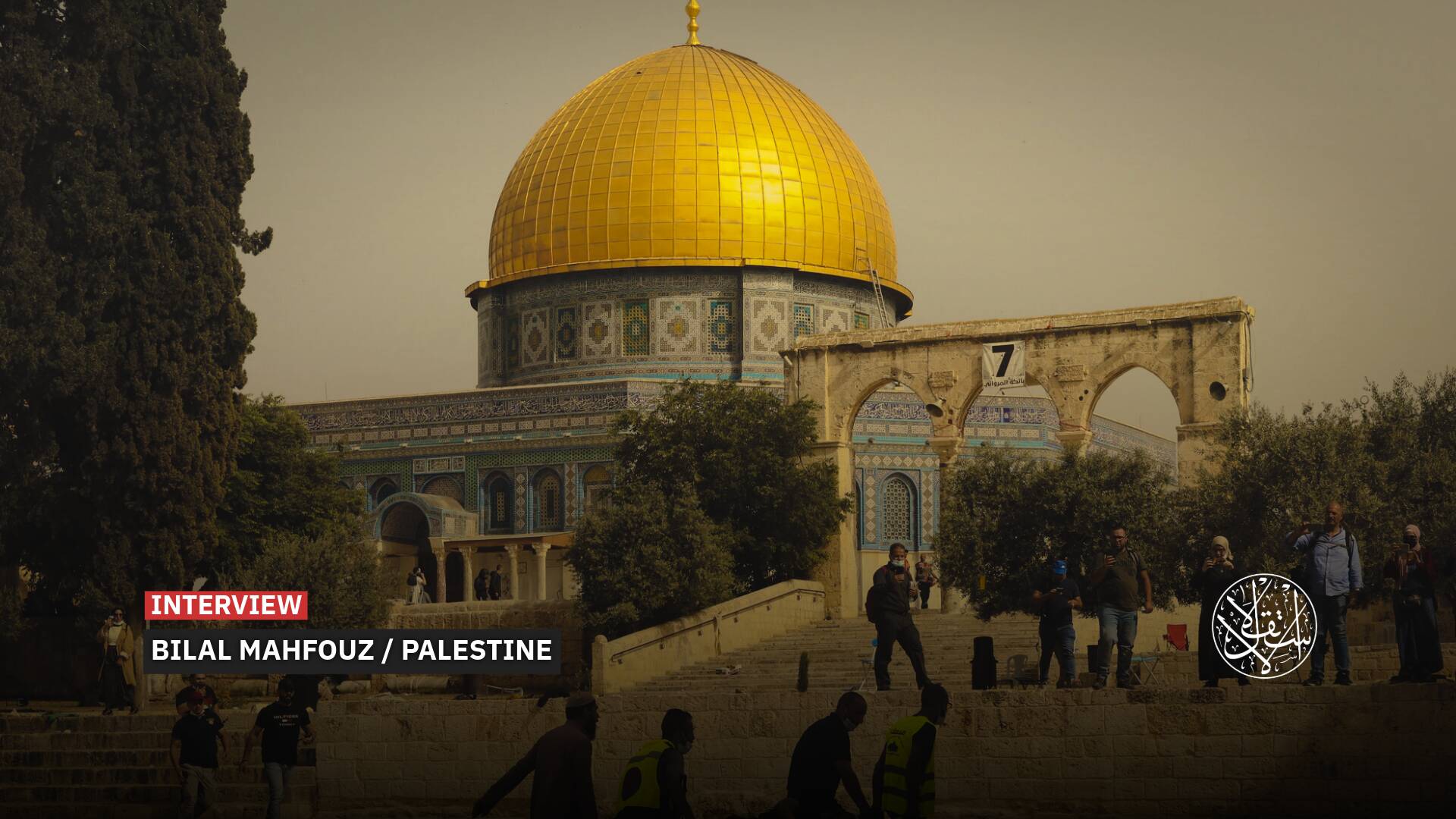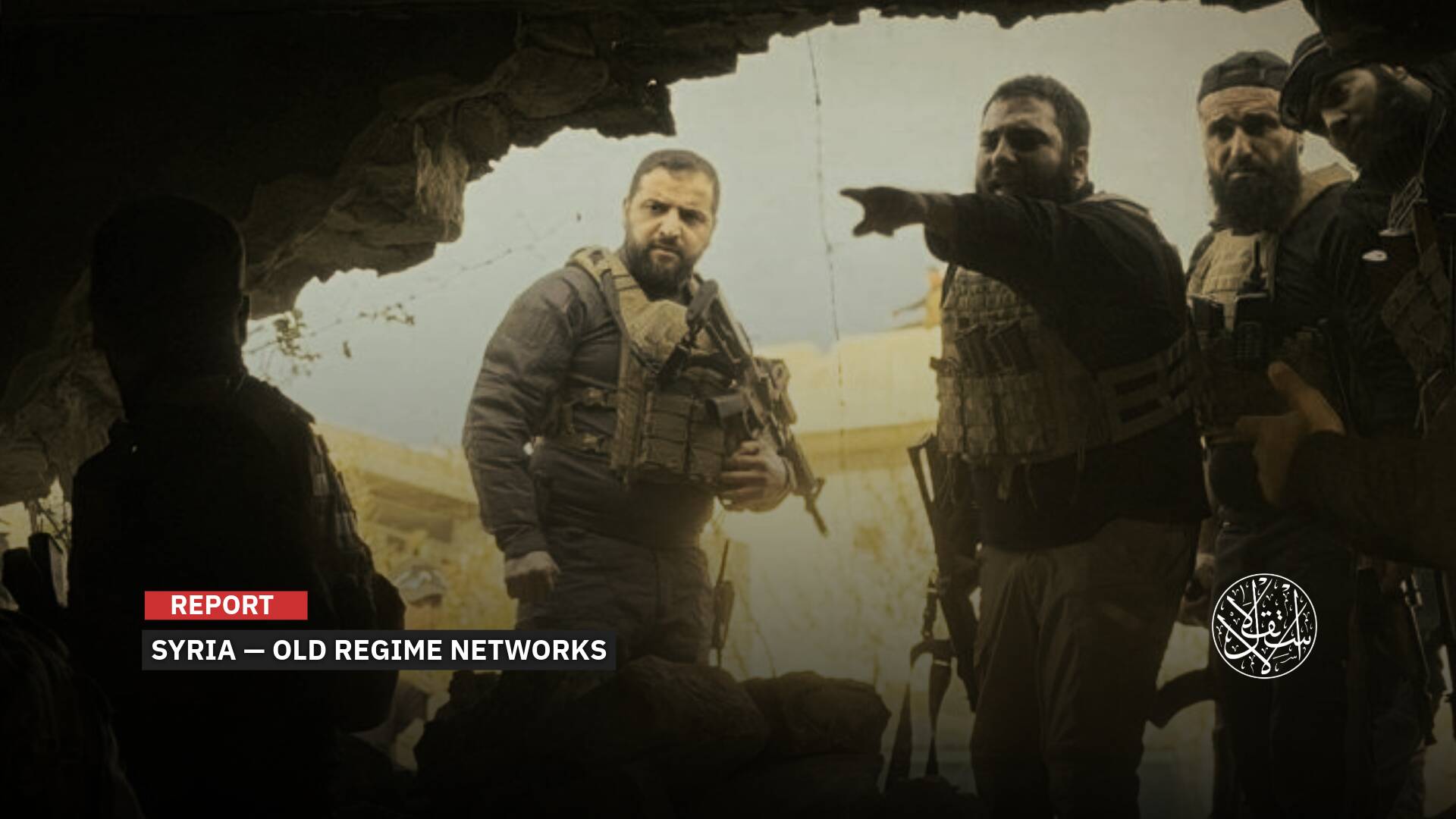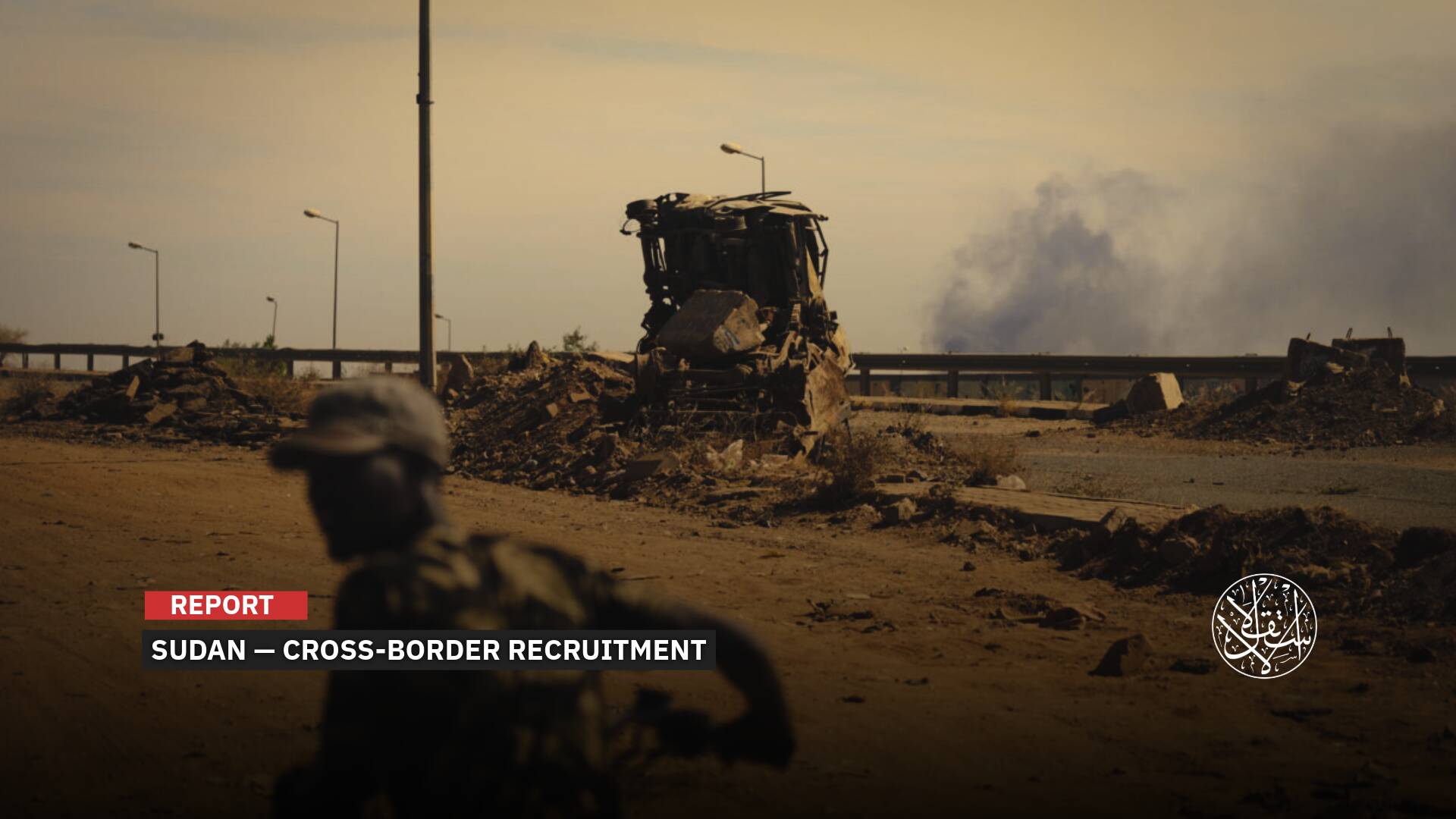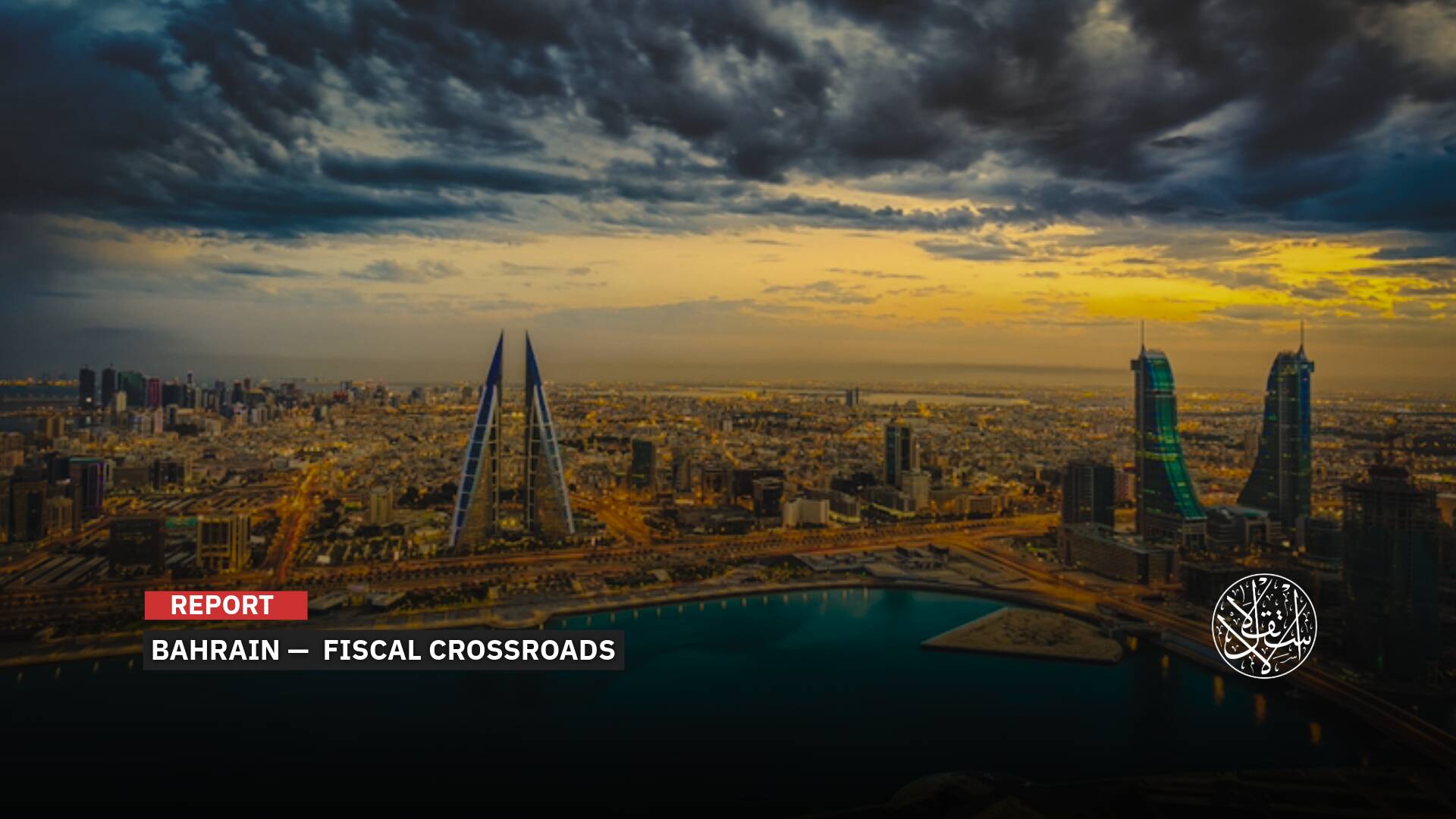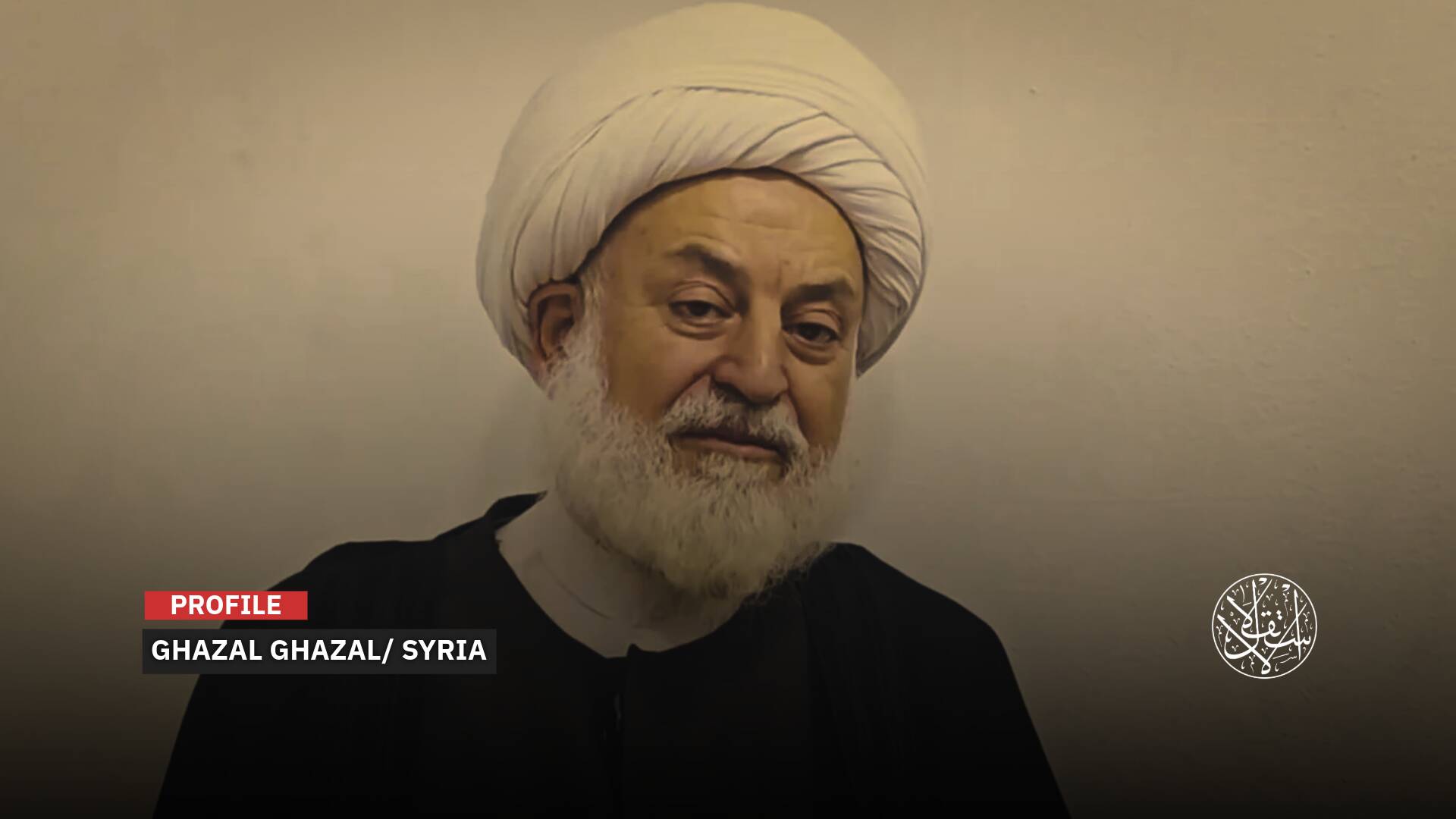A Dubious Project: Why is the UAE Forming a Foreign Military Legion Similar to France?

The idea is to directly integrate these foreign units into the Emirati army.
Summary by AI:
• The United Arab Emirates (UAE) has taken a significant military step to enhance its influence in operational theaters in several countries where Abu Dhabi seeks to protect its interests.
• This new development involves Abu Dhabi's initiative to begin forming the Emirati Foreign Legion with French assistance, as confirmed by Intelligence Online.
• The magazine revealed in a report published in mid-March 2024 that retired members of the French Special Forces are interested in joining the new elite unit being formed by the UAE, which will consist of at least 3,000 foreign recruits similar to the French Foreign Legion.
• The French Foreign Legion, established in 1831, comprises 8,000 selected men and is officially a branch of the French Army, although it is considered a distinct entity.
• Over the past twenty years, the French Foreign Legion has been active in Afghanistan, Bosnia and Herzegovina, Cambodia, Chad, the Congo, Djibouti, French Guiana, Gabon, Iraq, Ivory Coast, Kosovo, Kuwait, Rwanda, and Somalia.
• The only way for recruits to join the mentioned legion is by physically attending a recruitment center in mainland France and knocking on one of its doors.
The United Arab Emirates (UAE) has taken a significant military step to enhance its influence in operational theaters in several countries where Abu Dhabi seeks to protect its interests.
This new development involves Abu Dhabi's initiative to begin forming the Emirati Foreign Legion with French assistance, as confirmed by Intelligence Online.
The magazine revealed in a report published in mid-March 2024 that retired members of the French Special Forces are interested in joining the new elite unit being formed by the UAE, which will consist of at least 3,000 foreign recruits similar to the French Foreign Legion.
The French Foreign Legion, established in 1831, comprises 8,000 selected men and is officially a branch of the French Army, although it is considered a distinct entity.
Over the past twenty years, the French Foreign Legion has been active in Afghanistan, Bosnia and Herzegovina, Cambodia, Chad, the Congo, Djibouti, French Guiana, Gabon, Iraq, Ivory Coast, Kosovo, Kuwait, Rwanda, and Somalia.
The only way for recruits to join the mentioned legion is by physically attending a recruitment center in mainland France and knocking on one of its doors.
'The Emirati Foreign Legion'
Over the course of several days, retired members of the French Special Forces circulated announcements about job opportunities in the Emirati Foreign Legion, with conditions requiring successful candidates to be under 50 years old and have at least five years of military operational experience, preferably with the French Foreign Legion.
Candidates meeting these criteria must pass physical tests: "Five obstacle courses and a multi-stage fitness test, climb a 5-meter rope without using their feet, and swim 25 meters."
Candidates from the French Foreign Legion or other Western armies can obtain job offers and an email address, in addition to a number through which they can obtain further details about the tasks and salaries.
The final stage for selecting successful candidates involves a recorded interview with a representative from the UAE government, as the work, according to the announcement, will be with the UAE Armed Forces, which is diligently working to establish its own foreign legion.
Discussions between candidates and the unidentified individual responsible for the recruitment campaign take place on secure communication applications, with the official using a number located in Mali.
The recruitment agency states that the goal is to recruit 3,000 to 4,000 foreign soldiers by mid-2025, with salaries negotiable based on qualifications.
Starting at $2,000 monthly, the salary will quickly rise to $3,000, which is a better beginning than that in the French Foreign Legion, according to the recruitment official.
The first recruitment campaign is scheduled between May and June 2024, with recruits deployed outside the UAE for periods ranging from four to six months per year, earning monthly salaries ranging from $4,500 to $7,000.
They will also receive accommodation and meals at a UAE camp, one month's leave, and one annual trip to their home country.
The Emirati recruitment official identified the first two theaters of operations, which include UAE bases in Yemen and Somalia.

In Yemen, the UAE supports the Southern Transitional Council, which seeks to extend its influence along the southern coast of the country in the face of the Houthi forces.
In Somalia, the UAE Armed Forces lost three soldiers in February 2024 following an attack by al-Shabaab on a base in Mogadishu, where they were training Somali army personnel.
Al-Shabaab, classified on the international list of terrorist organizations, comprises between 5,000 to 9,000 fighters and controls large areas in Somalia, relying on charcoal exports as a primary source of funding.
The attack by al-Shabaab on UAE soldiers did not occur in a vacuum; rather, Abu Dhabi officially adopted a military campaign against it in Somalia, where Abu Dhabi seeks to impose control on this strategically important country, especially its waterways.
Proxy Wars
According to many media reports, the UAE's involvement in the Horn of Africa region, especially through initiatives like Dubai Ports World, is part of its strategic goals to establish cooperative governments along the Red Sea corridor.
According to Halqabsi News, an English-language Somali news site, the UAE's influence in Somalia is demonstrated by its support for the Puntland Security Force, which was created to safeguard regions where mineral and oil extraction operations take place.
This influence extends to the General Gordon Military Base in Mogadishu, home to the UAE army, whose primary objective is to protect UAE interests in Somalia.
The third theater is Sudan, where the UAE supports the Rapid Support Forces commander, Mohammed Hamdan Dagalo, known as Hemedti, in the ongoing bloody conflict with the Sudanese army since April 15, 2023.
Chadian media reported that the transitional president of Chad, General Mahamat Deby, met with Hemedti in Abu Dhabi on March 21, 2024.
According to the Tchad One platform on X, Abu Dhabi has established an elite unit similar to the French Foreign Legion, aiming to increase the number of forces to 3,000 soldiers and deploy them to the Sudanese theater of operations, indicating that General Deby went to Abu Dhabi to approve the plan and support Hemedti.
Deby's visit to the UAE capital is his fourth since assuming power in Chad after the death of his father, Idriss, in 2021, where he has strengthened his country's relations with this Gulf state.
In June 2023, the two countries signed military and security agreements, as well as agreements in the energy and mining sectors and a developmental agreement through the Abu Dhabi Development Fund.
The UAE's recruitment plan in the style of the Foreign Legion, according to Intelligence Online, represents a change in its operational approach, as Abu Dhabi typically relies on private military companies from emerging countries, such as Colombia and Sudan, or local militias as auxiliary forces.
Now, the idea is to integrate these foreign units directly into the UAE army, according to the magazine's report.
In this context, Ahmed Ghoneim from the African Stream center commented on the establishment of the Emirati Foreign Legion, "The UAE has participated in many colonial endeavors in Africa, including funding proxy wars in Sudan and Libya."
"Despite the small size of the UAE, its vast wealth has enabled it to pursue an aggressive foreign policy — supporting Hemedti's Rapid Support Forces in Sudan and Khalifa Haftar in Libya, as well as securing significant influence over strategic waterways in Yemen and Somalia," Ghoneim stated on X.
"Now, leaked job postings suggest that Abu Dhabi is hiring an elite force, similar to the French Foreign Legion, to exploit it in supporting the UAE's proxy wars on our continent."
Project Leader
A retired French Special Forces member is working on the Emirati recruitment project. Reviewing the characteristics of the job offer PDF document, Intelligence Online found that it was created on February 21, 2024, and appears to be owned by a French individual using the name "Freddy R."
Examining a second advertisement for the same job, the name of the Emirati Military Lantern Company, led by Freddy Riaud since January 2019, stands out. The initials of his name match those of the advertiser in both announcements.
Riaud joined the French Navy Special Forces in 1995, and after retiring in June 2014, he worked in maritime mine and explosive ordnance disposal.
For a brief period, Riaud became an expert in this field for the United Nations and the Direction Generale de l'Armement (DGA), before becoming an advisor in mine clearance to the Emirati Presidential Guard in October 2015.
Until 2018, Riaud served as an executive advisor for the UAE's Global Aerospace Logistics company for aircraft maintenance, partially owned by the International Golden Group in Abu Dhabi.
Before the government-owned Edge Defense Group acquired it at the end of 2023, the International Golden Group was a local partner for many Western defense companies (such as Nexter, for example) and was Abu Dhabi's preferred entity for arming groups supported by the UAE abroad, as in Libya, for instance.
This company, Manar Military Co., has a significant stake in contracts with French military companies, facilitating agreements to supply the UAE army with ammunition and new weapons.

Previously, Manar Military Consultancy (how it was named at first) explored opportunities in the UAE for French maritime industry through joint research with companies such as Sirehna, a subsidiary of the Naval Group specializing in drone aircraft and maritime surveillance, and the SeaOwl group, which manufactures guidance systems in the Gowind frigates sold by France to Abu Dhabi.
In 2022, they sought to win a contract with the Emirati company Tawazun Precision Industries (TPI) to conduct an initial study on building an ammunition recycling plant.
Riaud also worked with influential Emirati stakeholders, Saeed and Nawwaf Ghobash, and has been using Manar, a newly established company, since 2019 to assist French maritime industry companies such as Naval Group and SeaOwl Group in securing contracts in the country.
The ownership of Manar belongs to Saeed and Nawaf Ghobash, whose family has woven its investment network into the heart of Abu Dhabi's most strategic interests.
While not directly related to the ruling family, the Ghobash family plays a prominent role in Abu Dhabi rulers' secret projects: the Al Nahyan family.
Saeed and Nawwaf have established a large trading network, and their official positions have given them a broad scope to carry out a variety of projects within and outside the country.
Ahmed bin Saeed Ghobash, described as a "dominant figure" in the UAE, has chaired the Abu Dhabi Department of Culture and Tourism since October 2021 and manages Tawazun Chemicals.
He previously led the Abu Dhabi Media Company and served on the boards of directors of several Emirati companies, including Dubai Commercial Bank and the University of the Emirates.
Former French Special Forces commander Freddy Riaud played a role in shaping the Emirati Foreign Legion until he stood on his feet, as planned, by mid-2024.
Intelligence Online reached out to Riaud, who initially said this information was incorrect, before confirming the existence of the project but claiming it had stopped.
He was asked about the information in the magazine's report dated March 2024 and whether the recruitment campaign would start within two months. He replied, "As you like," then added that this information, in his opinion, is incorrect.
Under a French decree issued on December 13, 2023, any retired military personnel with "specialized technical skills" wishing to work for a foreign state must first obtain permission from the French Ministry of Defense.
This provision was included as part of the military programming law (LPM) related to French military contributions after French pilots participated in training their counterparts in the Chinese army, as reported by Intelligence Online in May 2022.
The magazine contacted the office of French Minister of the Armed Forces Sebastien Lecornu, who said he was unaware of the Emirati project, while the French Defense and Security Intelligence Directorate declined to comment on the news.
The French Foreign Legion usually establishes and provides new identities to recruits, separating them from their old lives, although it is not yet clear whether the Emirati Foreign Legion will do the same.
However, military experts expect that starting from countries like Yemen and Somalia, this new foreign elite unit will be deployed to work on the main fronts of UAE's foreign policy in East Africa and the Red Sea region.
It is also possible that they will be tasked with assisting semi-military forces and non-governmental actors supported by Abu Dhabi in a controversial manner over the years, such as the Eastern Libyan forces led by the coup leader Khalifa Haftar against the UN-backed government and the Sudanese Rapid Support Forces against the country's army.


